Living without plastic: Part 8 | Hospitals, coffee cups and twelve brilliant products which will help you live a plastic free life
Country Life's Rosie Paterson went the whole of Lent without buying anything – anything at all – that contained plastic. That was the plan, anyway... sometimes, life gets in your way.
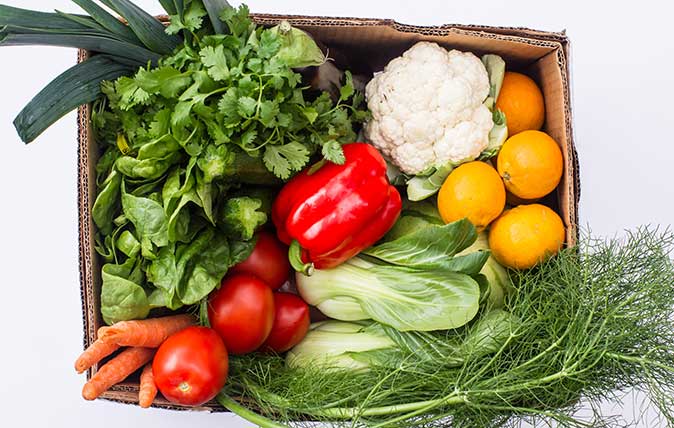

‘They’ll probably say you don’t have enough plastic in your blood ?’ read the message.
To say that the last week of #livingwithoutplastic didn’t go to plan would be a bit of an understatement.
This wrongly implies that there was some sort of plan - other than not eating my body weight in Easter chocolate - but it certainly wasn’t meant to involve one ambulance, four ECG’s, three cannulas (two attempted, one successful) and one blood test.
Newsflash: hospitals are a hotbed of plastic. They’re also great for people watching.

The several hours I spent marooned in a hospital bed, when I wasn't staring at my fellow patients, proved perfect for reminiscing over the last few weeks.
First up: a list of products that I will continue to use and buy, and would definitely recommend investing in if you'd like to cut down on your plastic waste.
It’s the least I can do. If this blog and my endless mishaps haven’t put you off by now then you also deserve a large, gold medal.
Exquisite houses, the beauty of Nature, and how to get the most from your life, straight to your inbox.
- Bees-Wrap: a fun and functional alternative to cling film
- Who Gives A Crap loo paper: hands down, my favourite discovery
- Face soap: the perfect post-gym cleanser
- A weekly veg box: your five-a-day taste even better when they’re delivered straight to your front door
- Heart-shaped cheese: this needs no further explanation
- Plastic-free detergents, household cleaning products and bin liners were the hardest everyday items to come by: this natural laundry powder, by Mangle and Wringer, comes packaged in paper
- Glass storage containers: microwave, oven, fridge and dishwasher safe. Also, they’re more durable then plastic Tupperware
As much as I would love to say that I successfully eradicated plastic from my life for 40 days and nights, to do so would be an outright lie.
Aside from the halloumi cheese incident, I also fell foul to plastic-wrapped chicken thighs, lettuce and Paperchase's shredded sparkly paper (to line a giftbox with - Dad, I hope you appreciated your Lent-breaking, creatively-packaged birthday present).
Next up: these products 'may contain traces of plastic' but still boast eco-friendly credentials. I also found that they were easier to source than their oh-so-virtuous green counterparts:
- Botanical cream deodorant: aluminium free and powdered-plant based
- Multi-surface household cleaner: Method are renowned for their commitment to using recycled bottles
- Washing up liquid: perfumed using plant-based ingredients and tested to ensure minimum impact on aquatic life
- Glass and silicone bottle: the prettier the water bottle the more likely you are to remember and use it
- Body lotion: Weleda have created an 'airless' bottle which protects the antioxidant-rich lotion and negates the need for a traditional plastic pump and metal spring, which recycling plants cannot separate
Going forward, my main aim is to drastically reduce my spending on single-use plastic. As conscious consumerism becomes increasingly fashionable, the reasons for doing so are at risk of becoming obscured and forgotten about.
So, lastly: single-use plastic amounts to 42% of all plastics produced since the 1950s, and half of all plastics end up as waste in four years or fewer.
Following its five minutes of fame, a coffee cup, carrier bag or chocolate wrapper are destined to blight our landscapes and oceans for aeons to come.
And seeing as mass plastic production is still in its relative infancy, exactly how many years is still up for debate. Estimates for decomposition range from 10 to 1000 years for a plastic bag and 450 years or more for a plastic bottle.
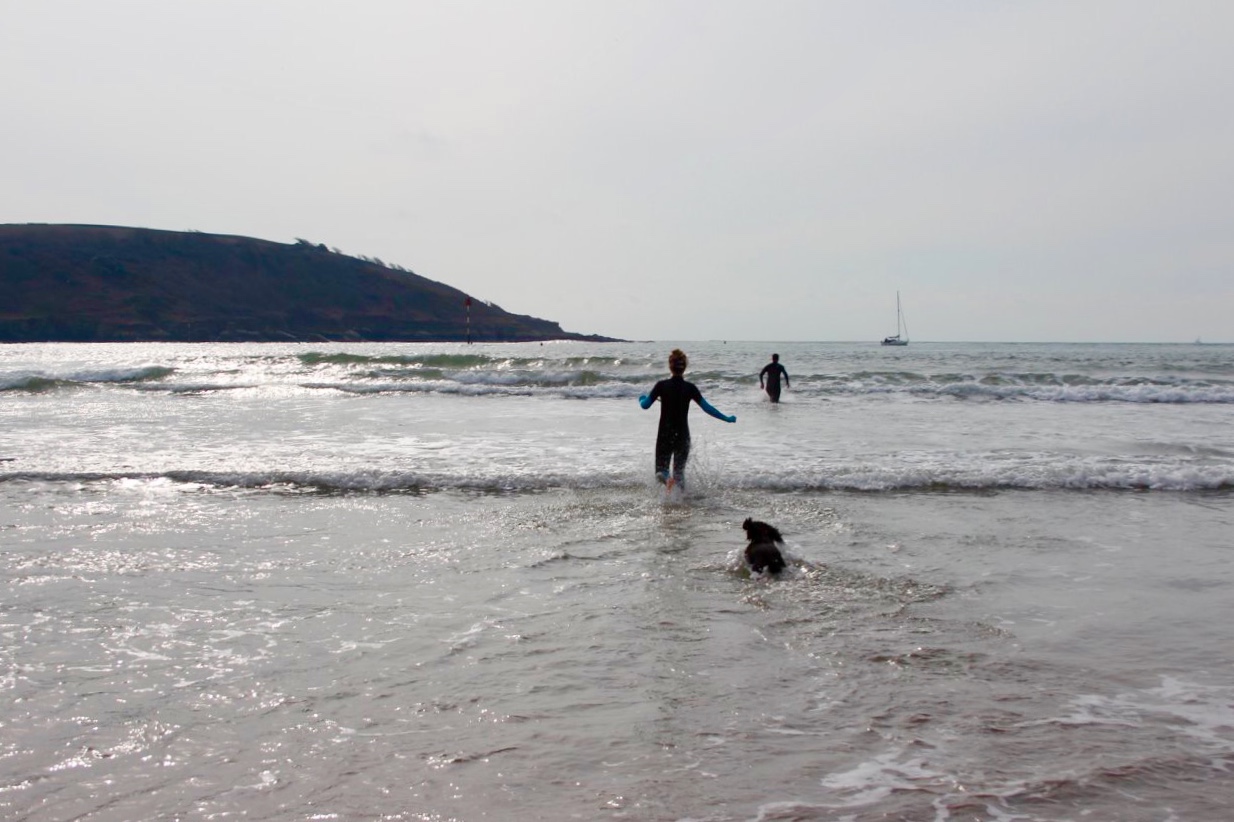
Come Easter Sunday, I celebrated not by binge buying beauty products, but by swimming in the indescribably cold Devon sea.
Deceptively pristine that day, the county coastline was in fact badly affected by Storm Eleanor, which washed up what can only be described as a tidal wave of plastic detritus. Dead sea birds and seals were reported to have been found amongst the carnage.
Often out of sight and therefore out of mind, we must not let ourselves forget the fact that we are, quite literally, smothering the world in plastic.
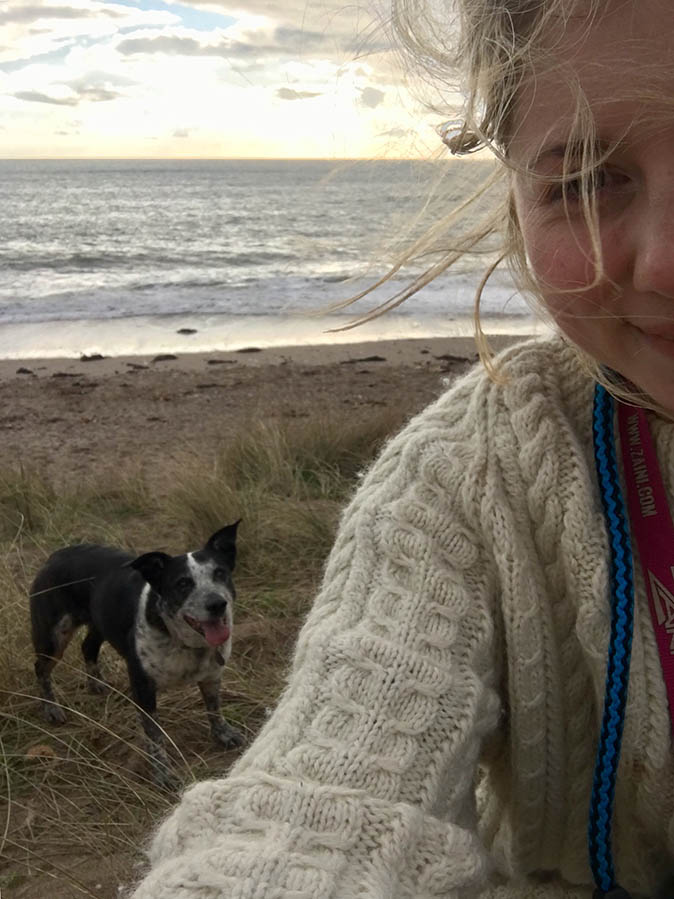
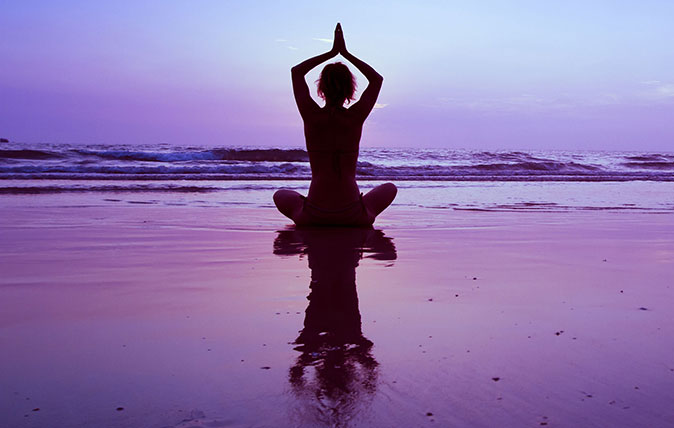
Living Without Plastic | Part 7: why giving up plastic makes me want to do yoga
Country Life's Rosie Paterson has given up plastic for Lent. It's not been easy... but it has had some surprising
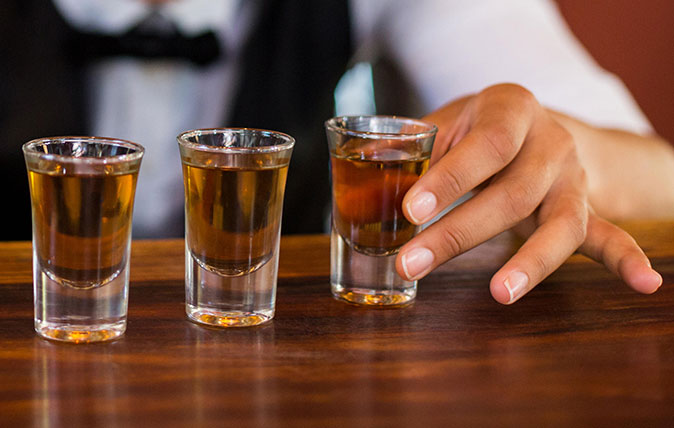
Credit: Alamy
Living with plastic | Part 6: Keeping a balanced diet of cheese, vegetables... and tequila
Every year, Country Life's Rosie Paterson gives up something for Lent – this year, it's plastics. Over a month in
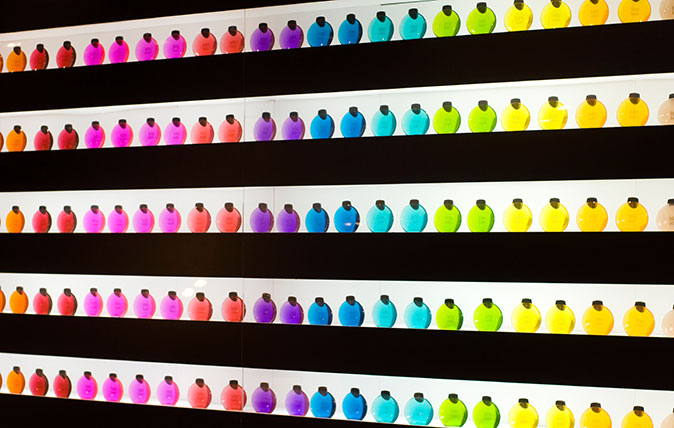
Living without plastic | Part 5: When beauty goes green
Each year, Country Life's Rosie Paterson issues herself a challenge for Lent. This year she's attempting to give up plastic
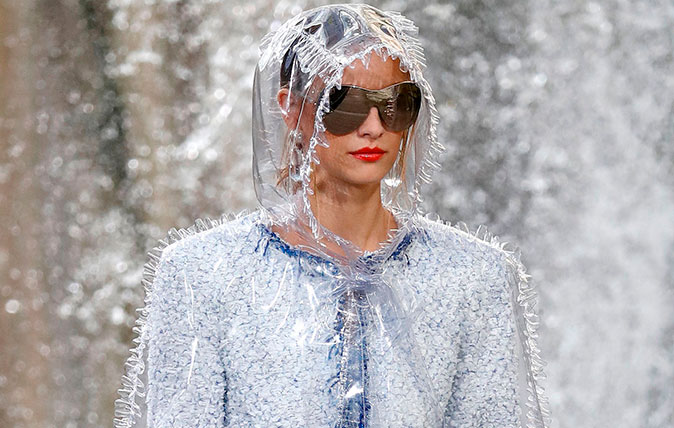
Credit: Getty
Living without plastic | Part 4: going global and fighting plastic fashion
Nearly three weeks in to Rosie Paterson's plastic-free life, she's realising that the challenge will have consequences that reach far
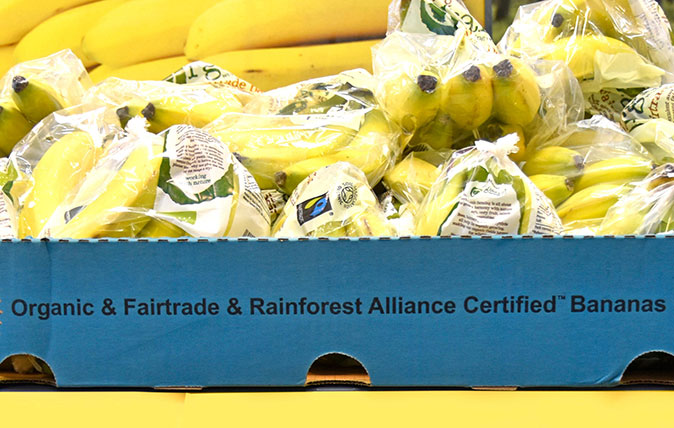
Living without plastic | Part 3: Taking aim at the supermarkets
Each year, Country Life's Rosie Paterson issues herself a challenge for Lent. This year she's attempting to give up plastic
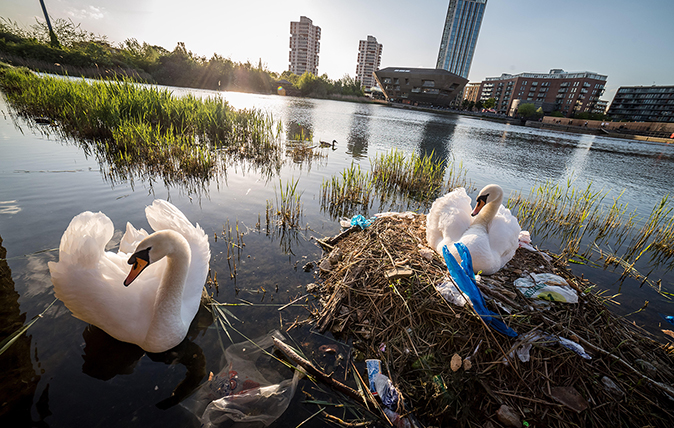
Living without plastic | Part 2: A plan of plastic-free action
Each year, Country Life's Rosie Paterson issues herself a challenge for Lent. This year she's really got her work cut
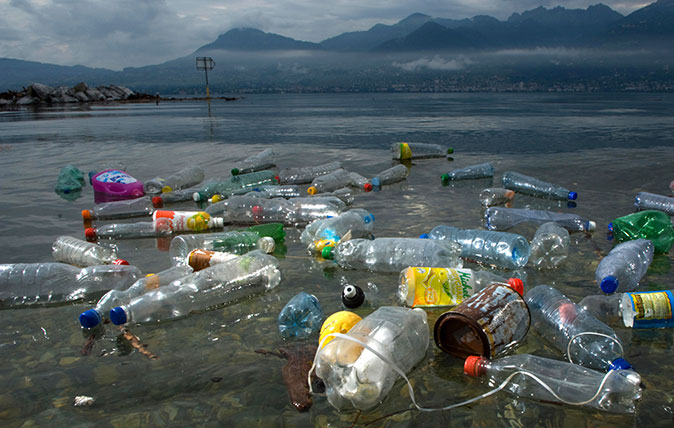
Credit: Alamy
Living without plastic: The start of a 40-day, very 21st century challenge
Save
Rosie is Country Life's Digital Content Director & Travel Editor. She joined the team in July 2014 — following a brief stint in the art world. In 2022, she edited the magazine's special Queen's Platinum Jubilee issue and coordinated Country Life's own 125 birthday celebrations. She has also been invited to judge a travel media award and chaired live discussions on the London property market, sustainability and luxury travel trends. Rosie studied Art History at university and, beyond Country Life, has written for Mr & Mrs Smith and The Gentleman's Journal, among others. The rest of the office likes to joke that she splits her time between Claridge’s, Devon and the Maldives.
